by Sriram Karri
Editor’s Note: Opening with the Emergency and closing with the Godhra riots, Autobiography of a Mad Nation by Sriram Karri begins with the line “I was born in a mentally retarded country”. A young man awaiting capital punishment writes a rant about his country, what he calls the “Sovereign, Socialist, Democratic, Republican Morondom of India” where intelligence is a “much hated vice”. As the nuclear scientist President of India tries to figure out if this young man is indeed guilty of an apparently senseless murder, the book unfolds against a political canvas of modern India. This excerpt appears courtesy FINGERPRINT!
I was a toddler when my grandfather was arrested. In the middle of the night, a humidly warm night. At the stroke of Midnight.
The hour of Independence had mutated so easily into the hour of illegal arrest . . . the Midnight hour of Democracy had degenerated into the hour of its rape, but I knew nothing about it. At least not then. The dark midnight hour of Emergency, no longer the dawn of Freedom, of Independence, or of Rushdie’s children.
“It is an Emergency,” my uncle screamed.
He was frightened, so was everyone else in our joint family, but his fear was different. He merely hoped the anti-government activities of his own father wouldn’t compromise him or his petty government job. “Did I not tell him so many times to stay away from the RSS? See where it has brought him and all of us! They won’t even tell us where he is being locked up!”
“Shut up,” my grandmother told him. “One more word against your father and you can leave my house.”
It was a surprisingly harsh statement coming from her, because my grandmother was no political thinker, not even a woman who cared much for concepts like country, Democracy, Liberty, or Freedom. All her life, she had pleaded with her husband to stop wearing those khaki shorts, to stop carrying that saffron flag, and to stop being associated with the killers of Mahatma Gandhi in any way.
You see, my grandmother used to tell me—when I was merely seven years old—her three commandments of being a good human being.
One, respect Lord Ram, the perfect God. Two, never hurt or harm the cow; all Gods live inside the cow. And three, never disrespect the Mahatma. If possible, be like him. Nothing else mattered to her.
But to my grandfather, other things did matter. He went to attend RSS shakha meetings every week and would return with newer tales to narrate. He would analyze national and global news and political developments.
He would yell himself hoarse against Communists and Socialists, and much later in life, he would start to spit venom against Muslims.
But I could not ever believe that he was party with the people who had killed Mahatma Gandhi, or that he was dangerous to the nation, or even to its rulers, even after they had become vicious to their own country and people.
And yet, one midnight in some month of 1975, he, an insignificant Indian Railways clerk, was taken by the police, arrested to protect the nation against his subversion, to protect the sovereignty of India from internal threats, and to salvage the people from any potential treasons he might have conceived. The last words his family ever heard, addressed to those cops dressed in civil dress who had come to arrest him, were, “Tell that Prime Minister of yours, that she will never become the dictator she wants to be."
He then smiled at my grandmother and added, “You are the only woman dictator I will ever take orders from.”
*** A week later, my grandmother’s brother came home.
He knocked on our door late at night and awoke the whole family—my father and mother, my grandmother, six uncles, four aunts, my father’s widowed sister, seventeen kids of various ages. All of us heard him describe his mistaken release from one jail to the other, and his consequent fugitive run to avoid re-arrest.
“I will go away in a few hours. Not safe being here. We met all our leaders in jail; Advaniji was there, Biju Patnaik, and George Fernandes too. Even Vajpayeeji was there, but he fell ill and was shifted to a hospital in Delhi.
They are arresting everyone. Indira Gandhi and her son will become dictators of this country if we don’t stop them.
“I am fine, a little weak, jail food is not good. I was being shifted from Pune to the Nashik jail when I gave them the slip. But there is good fun in the jail; none of us had ever met, even in shakha meetings, in such full attendance, or spent so much time together.”
The next day he was gone, but not before a few words registered and remained in my memory: Emergency, Democracy, Dictatorship, Socialists, Commies, Muslims, Indira Gandhi, and Sanjay Gandhi.
And a phrase I had heard for the first time, and only once, that night: Hindu Rashtra.
***
Unlike me, my friends and classmates had no recall of anything called Emergency, and nor did it matter to them now—a few years after it is all over, this twenty-one month nightmare—that Democracy, Freedom, Liberty, and Independence were gone, and that a dictatorship was almost in place.
“My father told me not to talk to you. I am too small to think about these dangerous things you tell us,” Ramesh, my childhood companion, told me one forgotten day at school. “I must study and play and pray, and not do anything else. These things are only for grown-ups.”
Of course, what Ramesh’s father told him was not true, or else Ramesh’s father was not a grown-up, like my uncles and my father. None of them did anything but go to office and share silly anecdotes of nothingness; they never wanted to be anything, never wanted to do anything great or heroic, they never believed in anything beyond the immediate, small, and petty.
Madam Bovary was the ruler of our world.
Pathetic Middle Class Pawns of India.
***
We were playing cricket after school at the adjoining grounds when they came and told us to go home.
“Why can’t we play?” I demanded angrily.
All my teammates were standing behind me timidly, willing to oblige the command of Monty and his gangmen, but afraid to start walking away without resistance because of me and my possible outbursts later.
“You are too small to know. There is a political bandh. Across the country.”
“Indira Gandhi, our beloved leader, has been shot dead.”
We ran home, frightened, but not before three things happened. Monty, the biggest goon of our town, caught hold of Kripal, the only Sardar in our team, opened his turban, pulled him by his hair, and told him to go and wait for their arrival at home that night.
“I will burn your father and mother, and yes, tell your sister I will do it tonight.”
They laughed. Without thinking much and with full fury, I threw the cricket ball at Monty. His teeth broke, two of them fell out, and blood filled his mouth. I ran. And he ran behind me, his henchmen following him.
“Traitor, will you side with Sikh traitors against me? You little brat!”
To this day, Monty, a successful local Congress leader in central India, a goon who turned rapist, arsonist, and killer of Kripal’s entire family that night, has two gold teeth to fill that empty socket my sharp throw had resulted in.
And no, there is seldom a third thing to tell whenever I begin to say something with the phrase ‘there are three things I will tell you’. You see, I say so merely because it sounds better than saying that there are two things I must tell you.
The surprising thing was that while playing cricket, I could never hit the stumps with my throws; they were never very accurate. And I really disliked Kripal. Had Monty not done what he did, I would have wished someone had done something very bad to the Sardar bowler whose sharp spin always took my wicket. In the famed year of 1984, in India, Big Brother Mrs Indira Gandhi died. Her son, dictator-scion Sanjay Gandhi, had already died in an air crash a couple of years before.
Maybe George Orwell was wrong.


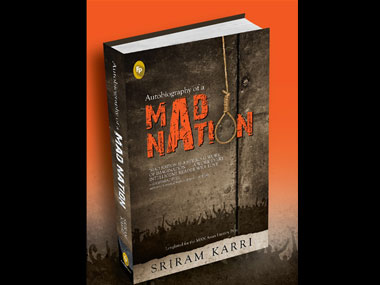)




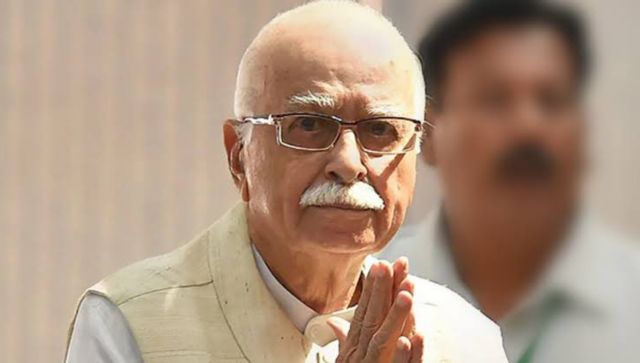)
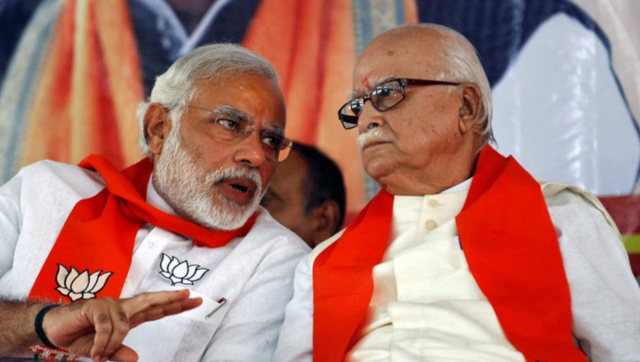)
)
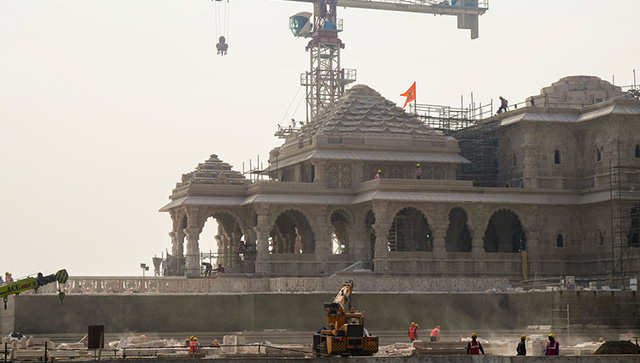)
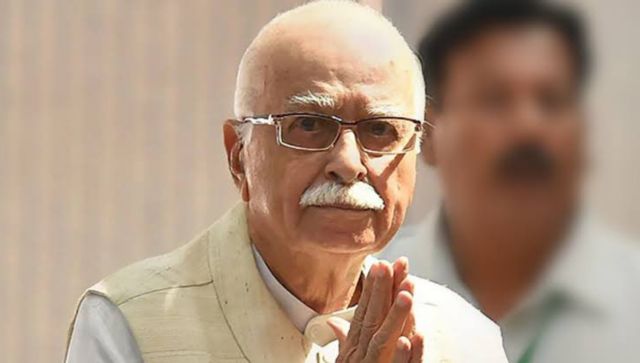)
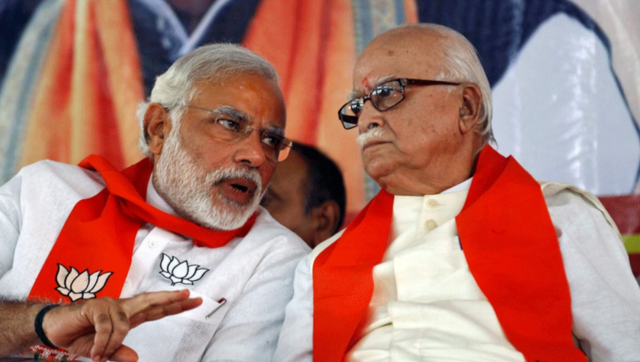)
)
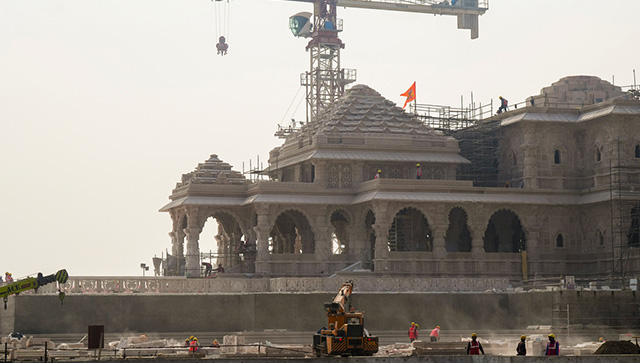)